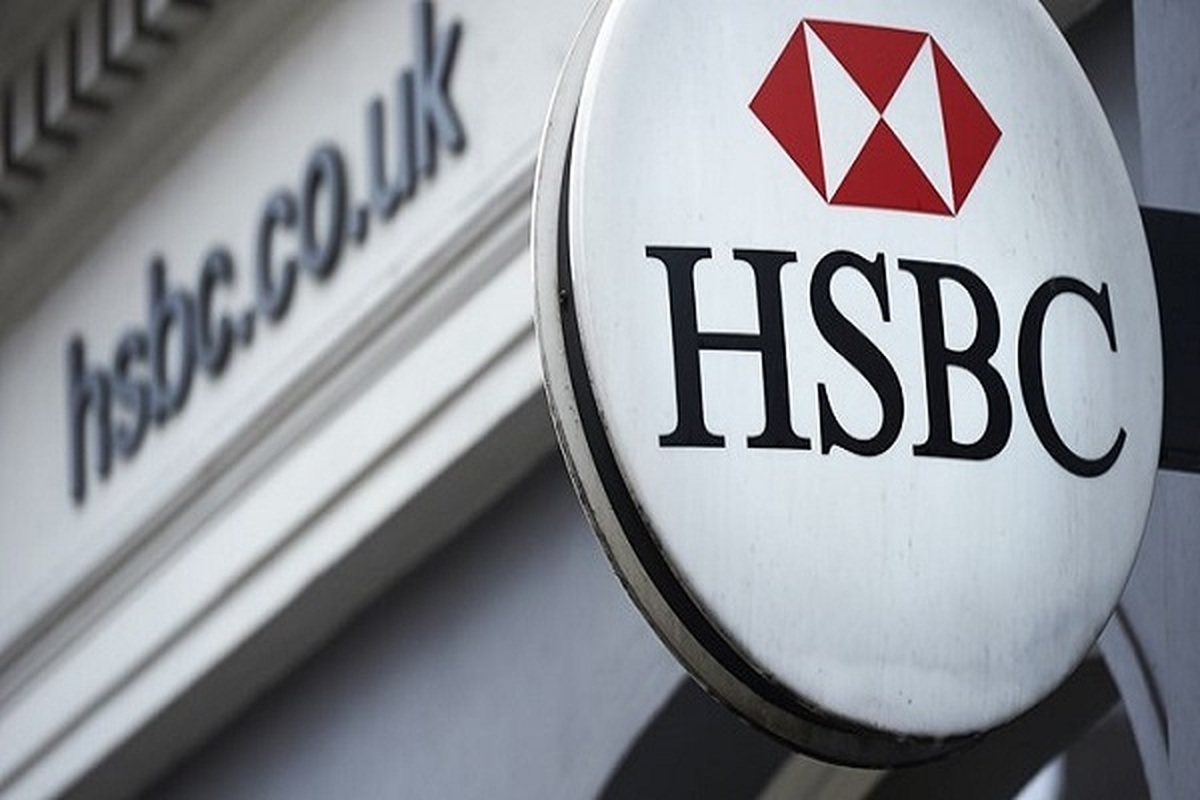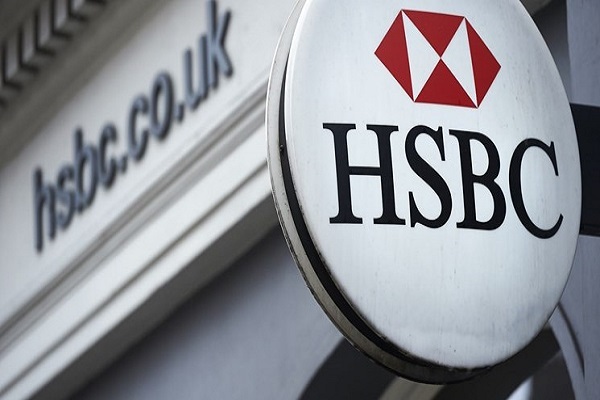‘Institutional Islamophobia’ behind ‘Debanking’ of British Muslims


Often without providing clear reasons, major high-street banks appear to be disproportionately closing the accounts of British Muslims, members of the minority group and experts say.
Two months ago, the Cordoba Foundation, a British think tank, was organizing a forum in central London about political tensions in Tunisia.
But when trying to settle invoices, its efforts to pay for the event failed.
“Multiple attempts to pay the venue provider and suppliers kept declining while payments from donors into our NatWest account kept being rejected,” said Anas Altikriti, head of the group.
“All of a sudden, we realized our business accounts had been shut. There was no notice or explanation whatsoever.”
He said the bank didn’t send him any letters, and when he called NatWest, he was told his customer representative did not have the authority to disclose details, only the fact that the account had been closed.
Several weeks later, there was more bad news for the think tank, which aims to bridge gaps of understanding between the Muslim world and the West.
Altikriti was informed that his foundation’s business and personal accounts at the Royal Bank of Scotland, which is owned by the NatWest Group, were also being closed. Once again, the bank failed to provide detailed reasons.
And on Monday, things got even worse.
Writing on social media, Altikriti said Barclays, another major bank with whom he has a mortgage, closed his accounts.
While agonizing, the ordeal is not entirely unexpected.
“I’m always on the lookout for new accounts,” he told Al Jazeera. “I’m not even surprised any more when I get a notification that my bank account has been closed. Although it’s a shocking thing to experience, … it’s now run-of-the-mill.”
Altikriti’s personal HSBC account and those of his family members were closed in 2014, a year in which several Muslim organizations were “de-banked”.
Recent research has found that banks in the United Kingdom are closing up to 1,000 accounts a day.
Banks call this “de-risking”, a term that usually means rejecting people, businesses and organizations deemed financially or legally risky. Sometimes, accounts are shuttered if the holder could cause reputational damage to the bank.
But after a headline-grabbing feud that erupted last month in the UK, many are now concerned about the conduct of major financial institutions amid fears they are closing accounts for questionable reasons.
Nigel Farage, the right-wing populist politician who championed Brexit, went to war in July with British banks – and ultimately won the battle – after his accounts were closed.
He announced the closures in late June, saying “the establishment” was trying to force him out of the UK. Soon after, the BBC inaccurately reported that Coutts – which is owned by NatWest – had closed his account because he didn’t meet the wealth requirements. It soon emerged that NatWest boss Alison Rose had provided the false information to the BBC. She later quit along with the head of Coutts.
The resignations and fallout – which has seen calls for investigations and a condemnation of the banks by Prime Minister Rishi Sunak – have been welcomed by Farage and others who have spoken up about their personal financial troubles.
Though Altikriti and Farage could not be further apart in their political views, the think tank leader sees the scandal as an opportunity to highlight the treatment of de-banked British Muslims.
“Yes, we [Muslims] have been targeted, absolutely, … but it goes beyond us,” he said.
“If Nigel Farage gets his way and the whole board of NatWest steps down, I’ll be happy.”
“In the end, it’s cutting off electricity from someone because you don’t believe in their faith or their political views. It’s absolutely ridiculous.”
At one point in 2014, Altikiriti was without an account for four months.
Whenever banks close his accounts, he receives the funds in the form of a cheque or is asked where they should be transferred.
“The simplest of things all of a sudden become something you need to think about … like do I have enough cash in my pocket for a cup of coffee? It’s an impossible situation,” he said.
HSBC refused to comment on the closure of Altikriti’s accounts.
NatWest asked Al Jazeera to seek Altikiriti’s permission to provide a comment on the case. At the time of writing, despite Altikiriti having sent his approval, Al Jazeera was still waiting to hear back from the bank.
In a statement sent to Al Jazeera, Barclays said that it cannot comment on individual accounts, but supports “the government’s initiatives to standardize the approach across banks, including non-exclusion on the basis of political or religious views or beliefs”.
Fadi Itani, head of the Muslim Charities Forum in London, told Al Jazeera that at least 50 organizations have faced bank closures.
The Muslim Council of Britain, an umbrella group representing UK Muslims, recently wrote a letter to Sunak, Labour leader Keir Starmer and Chancellor Jeremy Hunt saying Muslim individuals and organizations have been “disproportionately affected by this issue”.
In 2014, besides Altikiriti, at least two others were affected – London’s Finsbury Park Mosque and the UK-based Ummah Welfare Trust, an organization that collects aid for more than a dozen countries, including Palestine and Afghanistan.
When HSBC closed the accounts of Finsbury Park Mosque, it put the place of worship in a “very difficult” situation with stakeholders and members of the Muslim community, its chairman, Mohamed Kozbar, told Al Jazeera.
At the time, HSBC did not provide clear reasons for the move.
The BBC cited a letter from the bank to the mosque saying “the provision of banking services … now falls outside of our risk appetite”.
“People start questioning our credibility,” Kozbar said. “To them, if there is nothing to worry about, the banks shouldn’t be closing your account. And if they close it, that means that you’ve done something wrong, … and that’s the problem – we simply don’t have an answer.”
He blamed “institutional Islamophobia” in the UK for the banks’ actions.
“Whether its people in the media, the banks or the politicians, few if any came to show us [Muslims] support over the years,” he told Al Jazeera. “It demonstrates a clear double standard.”
In 2017, the mosque received compensation and an apology from the Thomson Reuters Foundation, which previously owned World-Check.
The global database, used by businesses to determine possible reputational and financial risks posted by current and prospective clients, had designated the mosque as being linked to “terrorism”.
But even after the apology, Kozbar said several of the mosque’s bank account applications failed.
As of today, the mosque has one UK account, which is with a digital bank.
After failing to get answers from British banks about his account closures, Altikriti has come to his own conclusions – that he has been targeted for his activism.
“I’m a political activist. I have a very clear stand on Palestine. I have a very clear stand on the war in Iraq,” he said, adding that he cannot afford to take the banks to court.
Arun Kundnani, the British author of What is Antiracism? And Why it Means Anticapitalism, told Al Jazeera that denying bank accounts “because someone somewhere without tested evidence has decided to label you an ‘extremist’ not only banishes you from any kind of economic activity but also weakens democracy”.
“Democracy depends on the freedom to dissent. That freedom is curtailed when financial institutions or government agencies punish dissenters by excluding them from access to economic activity,” he told Al Jazeera.
“Over the last two decades, banks, working with intelligence agencies, have frequently deployed such a power against activists, especially Muslims, seeking to defend human rights.”
Source: Al Jazeera



